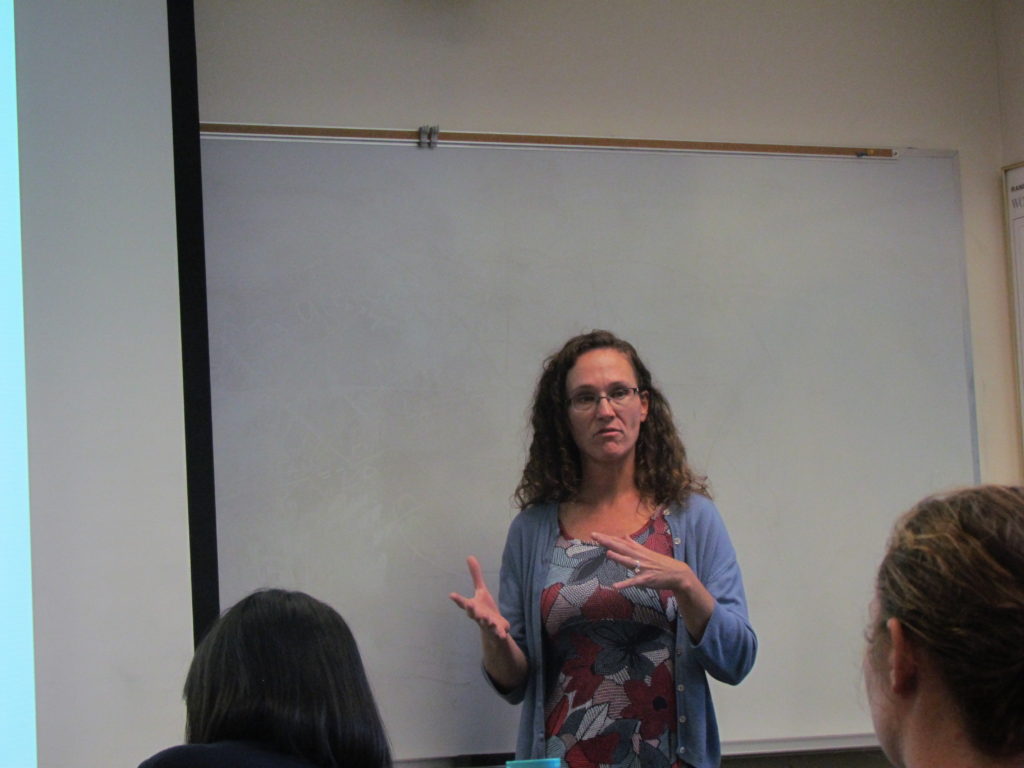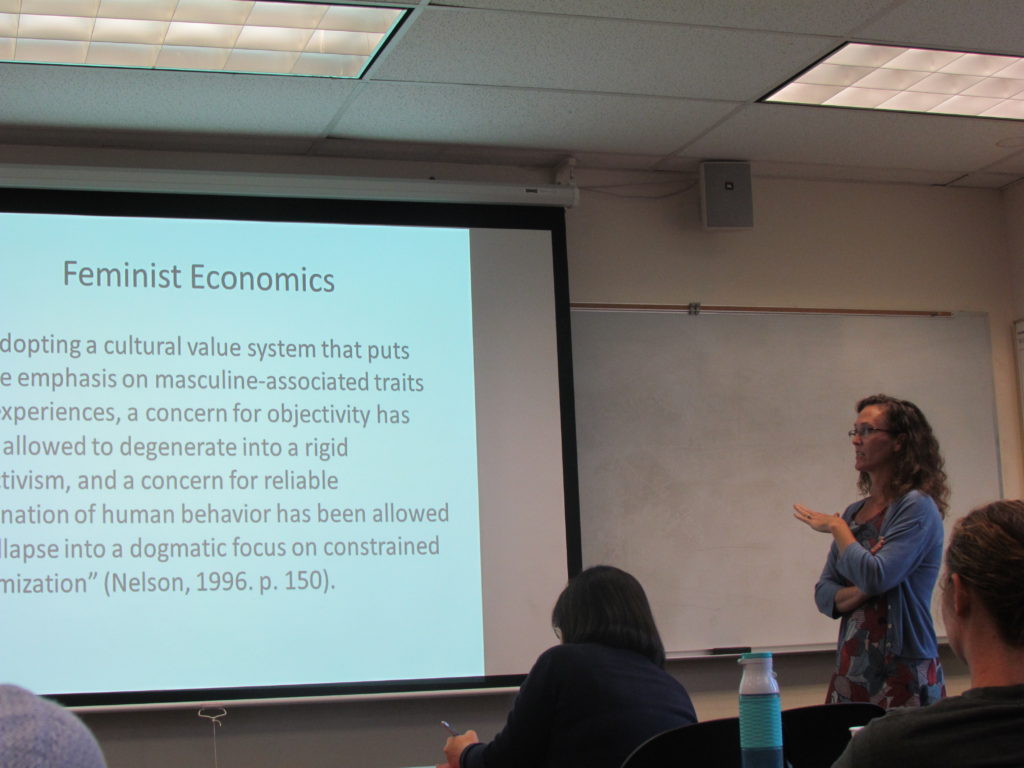In spring 2016, Fordham University welcomed a new club from the midst of the IPED department: the Feminomics Club, short for Feminist Economics. As prospective economists, IPED students understood the need to create a space where a more critical and pluralistic perspective on the discipline could be discussed and considered. In many ways, economics is not only a man’s world, but also a world mathematized for its own sake, neglecting the inclusion of more qualitative dimensions.
Feminist economics as we know it today emerged in the early 1970s as a response to predominant theories of the household and the labor market that neglected women’s and children’s experiences, struggles, and power relations within the household. This view was later married with the aforementioned critique of mathematization and narrowness in the discipline.
Accordingly, the Feminomics Club aims for a critical reading of economic theory that reflects and discusses the theory, methodology, practices, and policy implications of the discipline from a more holistic and inclusive lens. In doing so, we host guest speakers on the topic, turn to literature and paper journals (such as the International Association for Feminist Economics, IAFFE) as well as look for cues in pop culture through contemporary film and media. We address the mathematization of the discipline, the dominance of certain economic thought, and female experiences in economics departments.
But the club doesn’t just consumer information. From time to time, our members present their own interest and previous research on the topic: while one talked about his ideas on the role of men in empowering women and how they can challenge perceptions of power in society, another shared her research on the relationship between gender equality and growth; yet another member presented resources on outlets that amplify female voices in foreign policy debates.
Just last week, the Feminomics Club hosted its opening guest speaker for this fall semester, Dr. Mary Combs, a feminist economist, advocate of a more holistic understanding of economics, and a professor at Fordham University. Among other things, Dr. Combs talked about the beginning of economic thought and argued how one of the great thinkers of the discipline, Adam Smith, advocated for a holistic understanding joining observation and deduction. She presented her own research on women’s property rights in 19th century England, and discussed her own trajectory as a female economist.
The Feminomics Club welcomes everyone to join its bi-monthly meetings featuring a different topic with different culinary delights. Please write to fordham.feminomics@gmail.com to be put on the mailing list and receive resources, meeting dates, and more.
Schima Labitsch is a second-year student in Fordham’s Graduate Program in International Political Economy & Development.
*In reference to Marianne Ferber and Julie Nelson’s seminal book “Beyond Economic Man: Feminist Theory and Economics” (1993).



